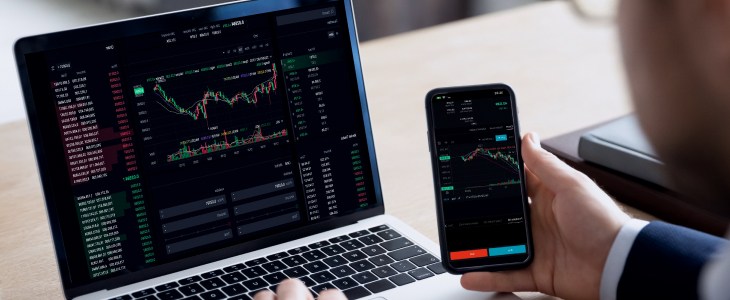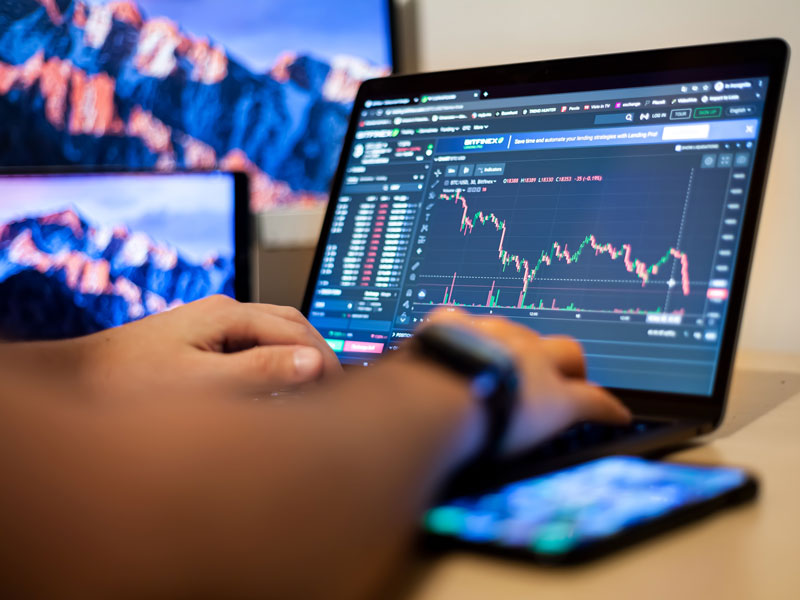
Forex Currency Trading Brokers: Understanding Their Role in Your Trading Journey
The world of Forex trading can be both enticing and intimidating, especially for newcomers. One of the first steps in this journey is selecting the right broker. Whether you’re a beginner or an experienced trader, understanding the role of a Forex currency trading broker is crucial for your trading success. For comprehensive insights, visit forex currency trading broker protradinguae.com for more information.
What is Forex Trading?
Forex, or foreign exchange, is the market where currencies are traded. Unlike stock markets, which have specific hours, the Forex market operates 24 hours a day, five days a week. This continuous operation offers traders numerous opportunities to make profits from currency fluctuations. The Forex market is the largest financial market in the world, boasting a daily trading volume exceeding $6 trillion.
The Role of Forex Brokers
Forex brokers act as intermediaries between you and the Forex market. They provide platforms where you can execute trades, access real-time market data, and utilize trading tools. Brokers can vary significantly in their offerings, services, and fees. Understanding their role can greatly enhance your trading experience.
Types of Forex Brokers
There are mainly three types of Forex brokers:
- Dealing Desk (DD) Brokers: Also known as market makers, these brokers take the opposite side of your trades. They create liquidity by setting bid and ask prices and can manipulate market conditions.
- Non-Dealing Desk (NDD) Brokers: These brokers offer direct access to the interbank market. They do not intervene in your trades and typically provide better pricing but may charge commission fees.
- ECN Brokers: Electronic Communication Network (ECN) brokers provide direct access to other participants in the market. They usually charge a small commission on trades and offer the best spreads.
Choosing the Right Forex Broker
Selection of a Forex broker requires careful consideration. Here are some key factors to keep in mind:
Regulation
Ensure that the broker is regulated by a reputable financial authority. Regulations protect traders from fraud and malpractice, ensuring a level of safety for your investment.
Trading Platform
The trading platform is your primary tool for executing trades. It should be user-friendly and equipped with essential tools and resources to facilitate your trading strategy.

Spreads and Commissions
Compare the spreads (the difference between the buying and selling price) and commissions charged by different brokers. A lower spread can lead to higher profits, especially in high-frequency trading.
Customer Support
Access to efficient customer support is essential. Choose a broker with multiple contact methods and prompt responses to queries.
Security
Your funds’ safety should be a top priority. Check if the broker offers segregated accounts, where clients’ funds are kept separate from the company’s operational funds.
Commonly Used Trading Strategies
Once you’ve selected a broker, it’s time to develop your trading strategy. Here are a few common strategies used by Forex traders:
- Scalping: This strategy involves making dozens of trades in a day to capture small price movements.
- Day Trading: Day traders open and close their positions within a single trading day to avoid overnight risks.
- Swing Trading: Swing traders hold trades for several days or weeks, aiming to profit from larger price movements.
- Position Trading: This long-term strategy involves holding trades for several weeks to years, relying on fundamental analysis to guide decisions.
The Importance of Education
Before diving into Forex trading, it’s vital to educate yourself continually. Leverage online resources, attend webinars, or take courses designed for Forex traders. Many brokers also offer educational materials, including market analysis, trading tutorials, and demo accounts to practice without risking real money.
Utilizing Technology in Forex Trading
In the modern trading environment, technology plays a pivotal role. Many brokers provide advanced trading platforms that include technical analysis tools, automated trading options, and mobile trading capabilities. Familiarize yourself with these tools to gain a competitive edge in the market.
Conclusion
Forex currency trading brokers are essential partners in your trading journey. Selecting the right broker requires thorough research and an understanding of your trading needs and preferences. Keep in mind the critical factors discussed in this article as you navigate the Forex landscape. Remember that trading involves substantial risk and that no strategy guarantees success. Stay informed, remain cautious, and pursue knowledge in this ever-evolving market.
